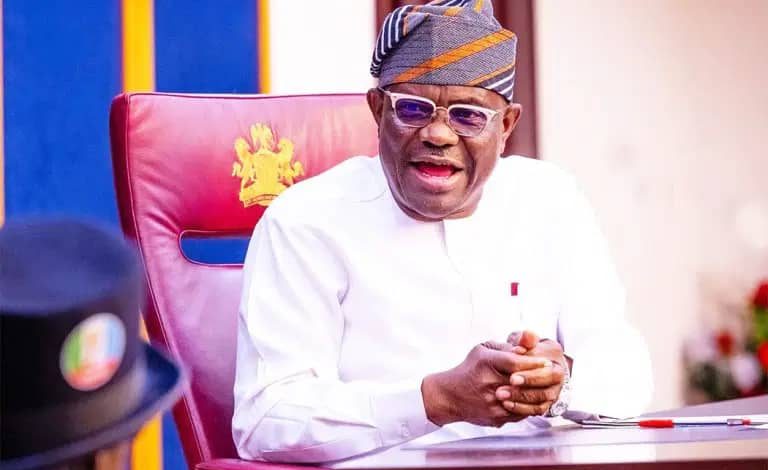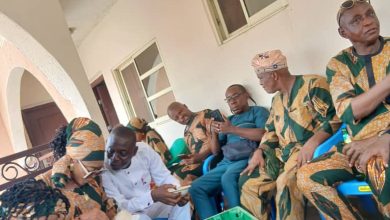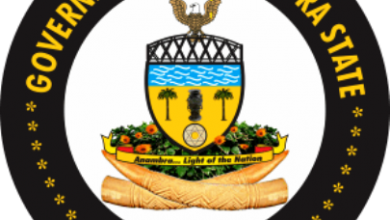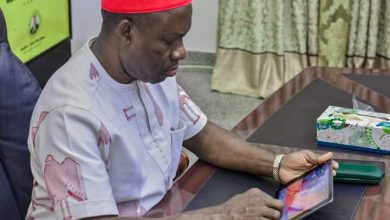
By Tony Okafor
Democracy is not a stage for one man to play both actor and director. Yet this is the script Nyesom Wike, the Minister of the Federal Capital Territory, seems intent on writing.
His recent pronouncement that the “state of emergency” in Rivers State will expire on September 18 was not only audacious—it was profoundly troubling.
In making that declaration, Wike projected himself as both the sole declarator and terminator of the state of emergency in Rivers State.
Without even a passing reference to the suspended governor, Siminalayi Fubara, Wike went straight to announcing that the State House of Assembly members would be reinstated by September 18. The message was both clear and ominous: institutions and offices exist only at his pleasure.
This is a dangerous posture for any democracy. No one disputes Wike’s political dexterity or survival instincts. He is a master strategist, a fighter, and a survivor.
But when a minister based in Abuja speaks as though he possesses the authority to suspend and restore democratic institutions in Port Harcourt, alarm bells must ring.
Such arrogance reduces the governor to a bystander in his own state and treats the people of Rivers as mere pawns on Wike’s chessboard.
History, both within Nigeria and beyond, teaches us that when power is personalized, democracy withers.
From councils to assemblies, from political parties to federal institutions, whenever one individual looms larger than the system, accountability collapses and the rule of law gives way to the rule of man.
That is what Wike’s growing shadow represents: the slow suffocation of institutions under the weight of one man’s will.
Nigerians thought they had buried the era of strongman politics. But Wike’s conduct has resurrected its ugly face.
A functioning democracy does not revolve around the pronouncements of one individual, no matter how influential. It must be anchored on constitutional processes, institutions, and the people’s mandate.
To sideline the governor of Rivers while unilaterally deciding the fate of its assembly is not only unconstitutional—it is an insult to the very spirit of federalism.
If institutions continue to cower, Wike’s grip will only tighten, and the precedent will embolden others to act with similar impunity.
Nigeria must not allow one man’s voice to drown out the constitution or overshadow the collective will of over 200 million citizens.
A democracy where one man is feared from Maiduguri to Bayelsa more than the law is no democracy at all—it is dictatorship by another name.



